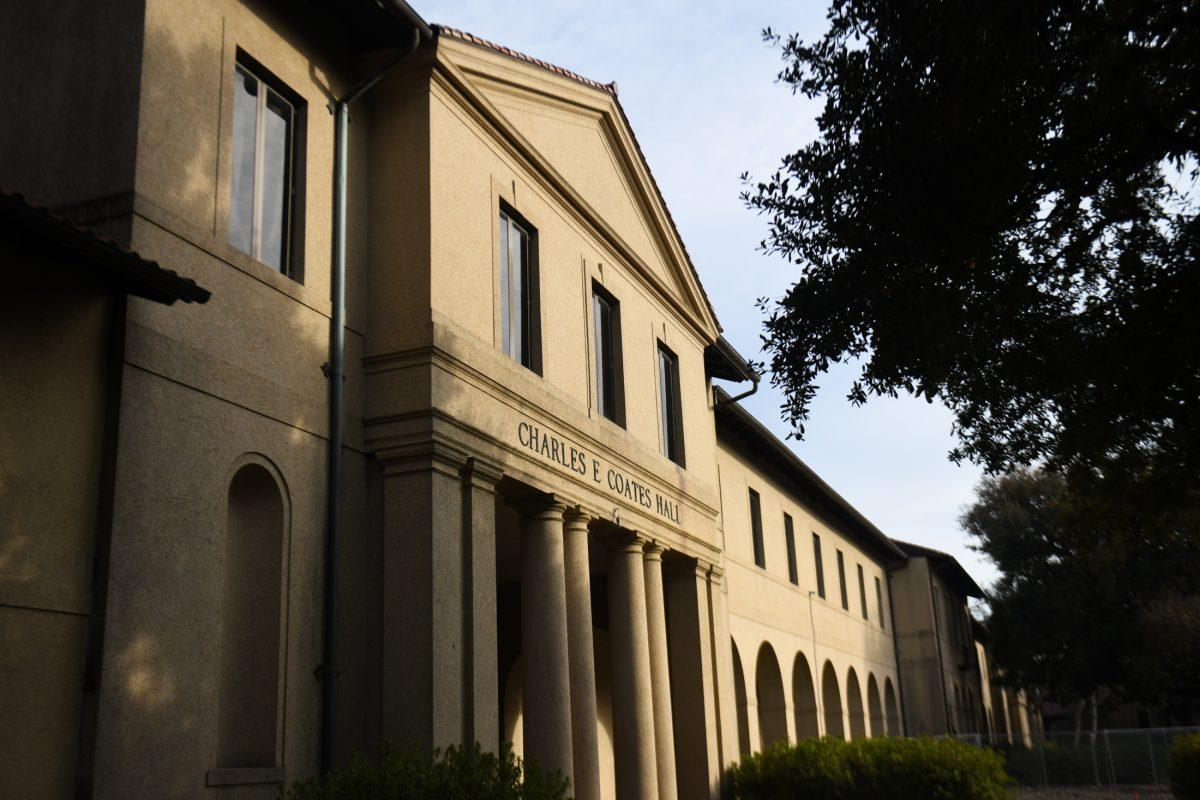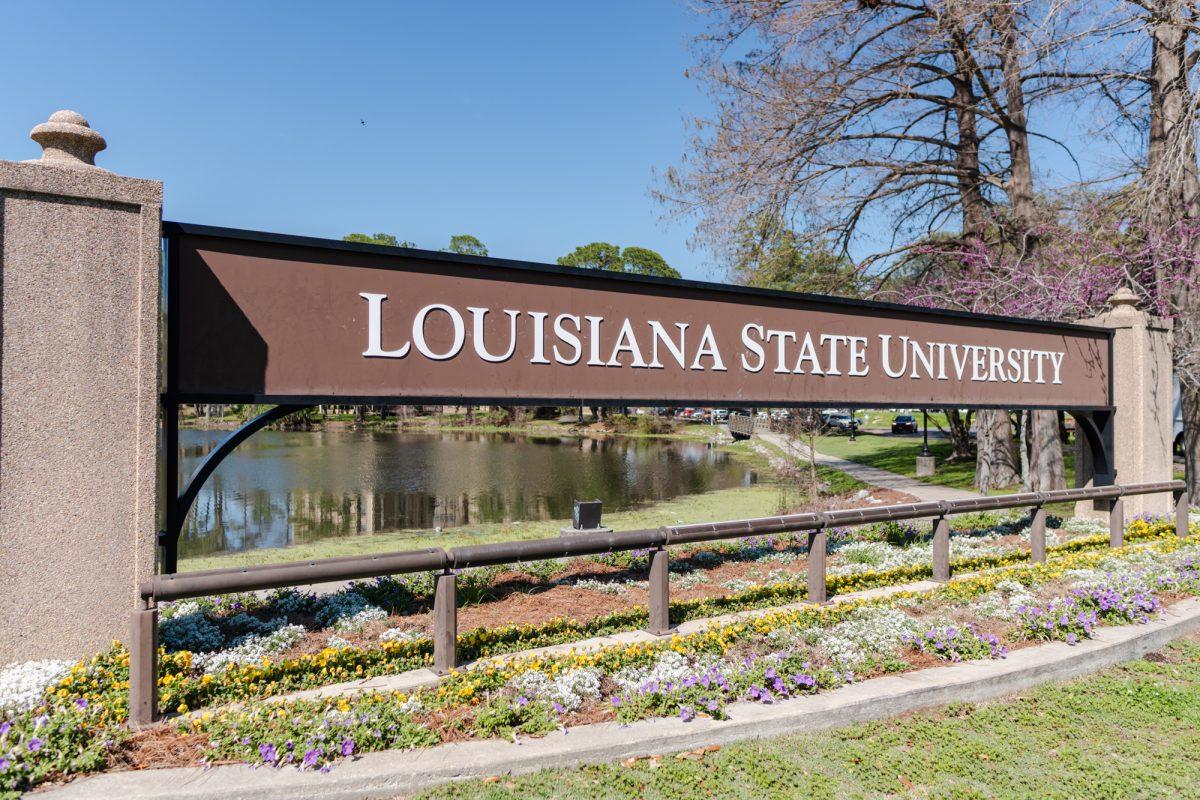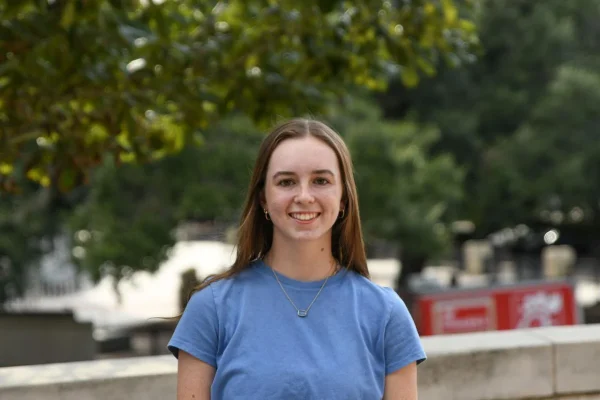Five LSU researchers have been awarded the prestigious National Science Foundation CAREER grant, recognizing their potential to serve as lifelong academic role models. These awards reflect their ability to integrate research and education in alignment with LSU’s Scholarship First Agenda, which focuses on advancing research in agriculture, biomedicine, coastal resilience, defense and cybersecurity and energy.
“These NSF CAREER awards demonstrate leading research universities’ ability to attract top talent by providing rising researchers with the best environment for them to do their work,” Robert Twilley, LSU’s Vice President of Research and Economic Development said in an official statement. “With five faculty winning over the past year, LSU is well on its way to becoming a top 50 research university by investing in scientists and science that is excellent, relevant, and makes a difference in people’s daily lives.”
Corina Barbalata, an assistant professor in the Department of Mechanical and Industrial Engineering, develops underwater robots designed to autonomously survey and collect samples from the sea floor. Her work advances technologies relevant to coastal, defense and energy sectors, making underwater robotics more accessible and reliable.
Jimmy Lawrence, assistant professor in the Department of Chemical Engineering, researches bottlebrush polymers — large molecules with polymeric side chains that resemble dense bristles. His work could lead to advancements in healthcare, electronics and the sustainability of plastics, with significant implications for Louisiana’s polymer industry.
Hai Lin, assistant professor in the Department of Civil and Environmental Engineering, explores sustainable construction methods. His project, inspired by the soil-building techniques of mud daubers and the strength of fungal root systems, aims to enhance the durability and sustainability of earthen buildings through 3D printing technology.
Kevin Smiley, an assistant professor in the Department of Sociology, investigates disaster vulnerability by studying how environmental changes, particularly climate change, affect communities differently. His research on Hurricane Ida examines the impacts of climate change on storm surge, flooding and wind damage, highlighting the social implications of climate-related disasters.
Chen Wang, formerly an assistant professor in the Division of Computer Science and Engineering, focuses on cybersecurity risks in video conferencing. His work aims to develop algorithms that remove micro signals — unnoticed audio or video clues — used to glean sensitive information during online meetings, protecting users’ privacy.
These researchers exemplify LSU’s commitment to advancing science and technology that address critical global challenges, the university said, furthering its goal of becoming a top-tier research institution.










